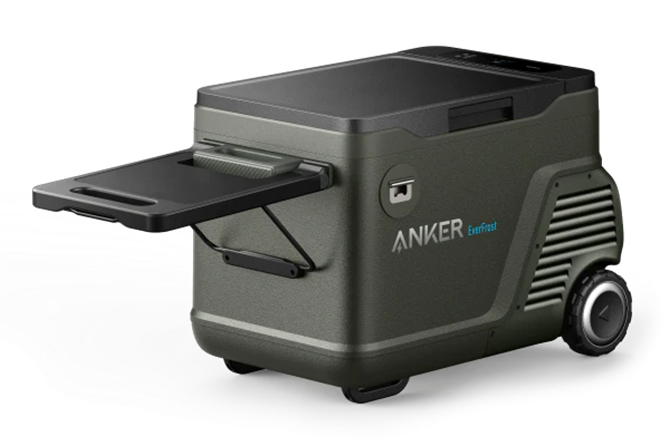
IS AMAZON A SELLER? AN ISSUE PRIMED FOR STATE COURTS
Overview | Blog Posts | Subrogation & Recovery | Michael Wolfer | Related | Print | Share
June 19, 2020
The tide is turning as another federal court declares that Amazon is responsible for third-party products purchased on its website. On January 7, 2020, the Southern District of Texas in McMillian v. Amazon.com, 433 F.Supp.3d 1034, joined the Third Circuit court of Appeals and the Western District of Wisconsin in finding that Amazon can be a “seller” under the applicable state product liability statutes.
A recurring fact pattern has emerged amongst these cases, where an Amazon customer is allegedly injured by a product sold by a third-party vendor who is not known, solvent, or otherwise subject to the jurisdiction of the United States. McMillian is no different.
In McMillian, a customer purchased a television remote on Amazon from “USA Shopping 7693.” The owner of USA Shopping 7693, Hu Xi Jie, had entered into a third-party vendor agreement with Amazon and paid for fulfillment services, which meant that Amazon stored, packaged, and shipped the remote to the customer. The customer claimed that, due to a defect in the purchased remote, her 19-month-old child swallowed a battery which resulted in significant injuries. The customer filed a lawsuit against Hu Xi Jie and Amazon. Hu XI Jie, who is believed to be a Chinese individual or entity, failed to appear or respond to the complaint leaving Amazon as the only potential source of recourse for the customer.
The Southern District addressed the same issue faced by the prior courts – whether Amazon is a “seller” under the state’s product liability law. Texas’ product liability statute provides for “actions against a manufacturer or seller for recovery of damages” caused by a defective product.” Tex. Civ. Prac. & Rem. Code § 82.001(2). The statute defines “seller” as “a person who is engaged in the business of distributing or otherwise placing, for any commercial purpose, in the stream of commerce for use or consumption a product or any component part thereof.” Tex. Civ. Prac. & Rem. Code § 82.001(3). Amazon rejected the title of seller; claiming to be a service provider that merely facilitates, rather than places, products in the stream of commerce. The Court disagreed, and after reviewing the terms of the third-party vendor agreement and the fulfillment program, found Amazon to be integrally involved in and exerting control over the sales of third-party products. This involvement and control qualified Amazon as a seller under Texas’ product liability statute. Amazon appealed the ruling to the Fifth Circuit Court of Appeals.
McMillian, like the prior cases, was decided by a federal court interpreting state law. However, the highest courts of each state will have the final say as to whether Amazon is subject to their respective product liability statutes. Because these cases have been removed to or commenced in federal court, state courts were kept on the sidelines until recently. On June 2, 2020, the Third Circuit Court of Appeals petitioned Pennsylvania’s Supreme Court for certification of the following question:
Under Pennsylvania law, is an e-commerce business, like Amazon, strictly liable for a defective product that was purchased on its platform from a third-party vendor, when the product was neither possessed nor owned by the e-commerce business?
It comes as no surprise that the Third Circuit would petition the Pennsylvania Supreme Court for guidance. I suspect other state courts and legislatures will be called on to answer whether Amazon and similar online marketplaces should be held accountable for their role in the sale of third party products to consumers. Until there is clarity, it is important to consult a subrogation professional at the outset of your investigation.
For any further questions, please contact Michael Wolfer.



